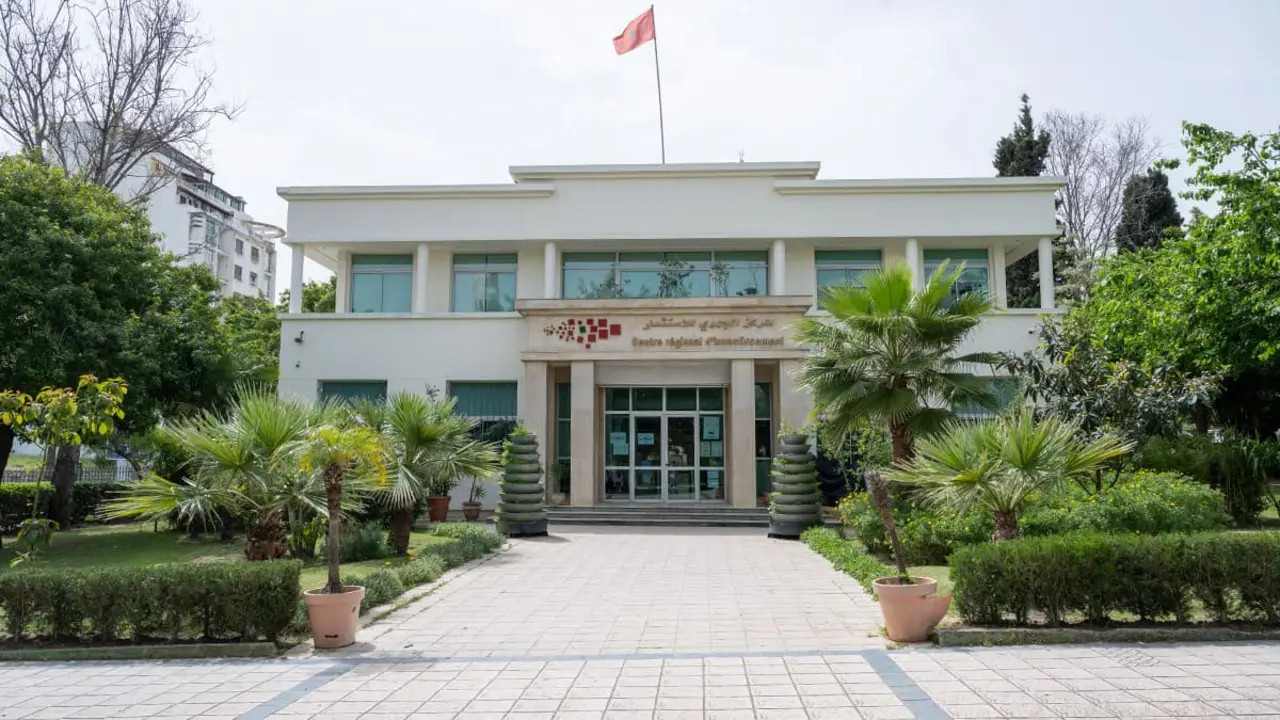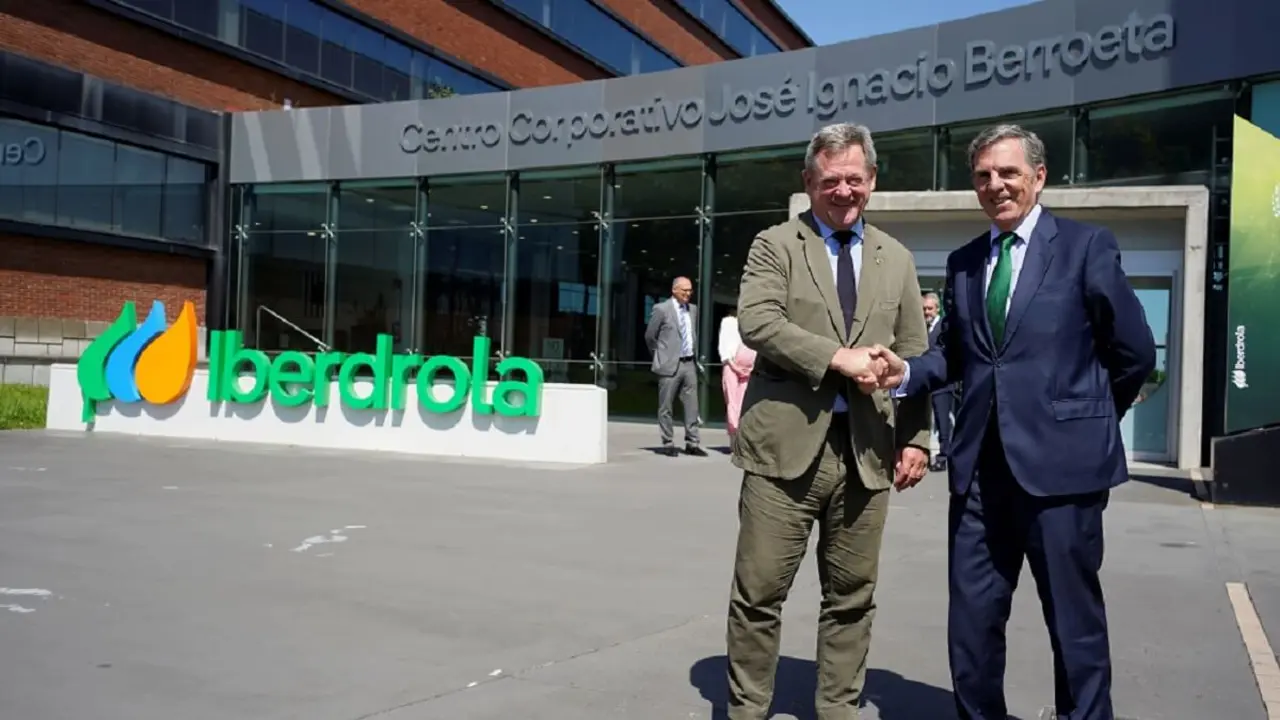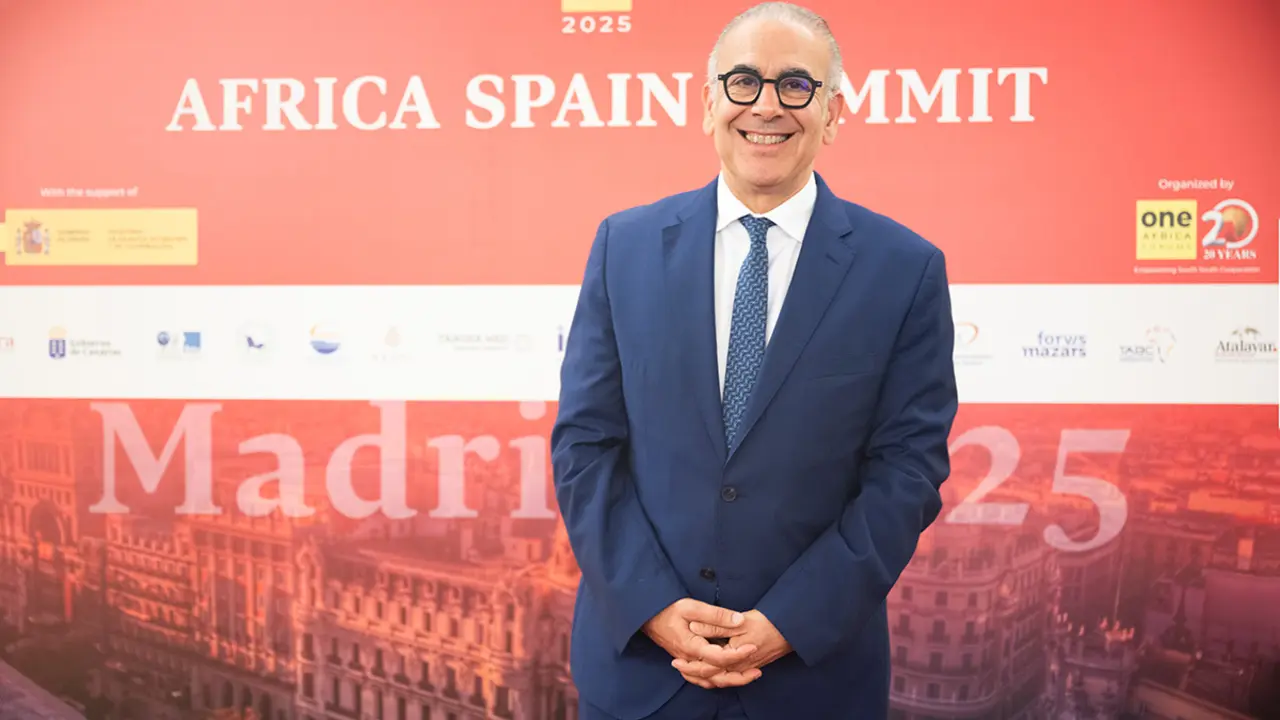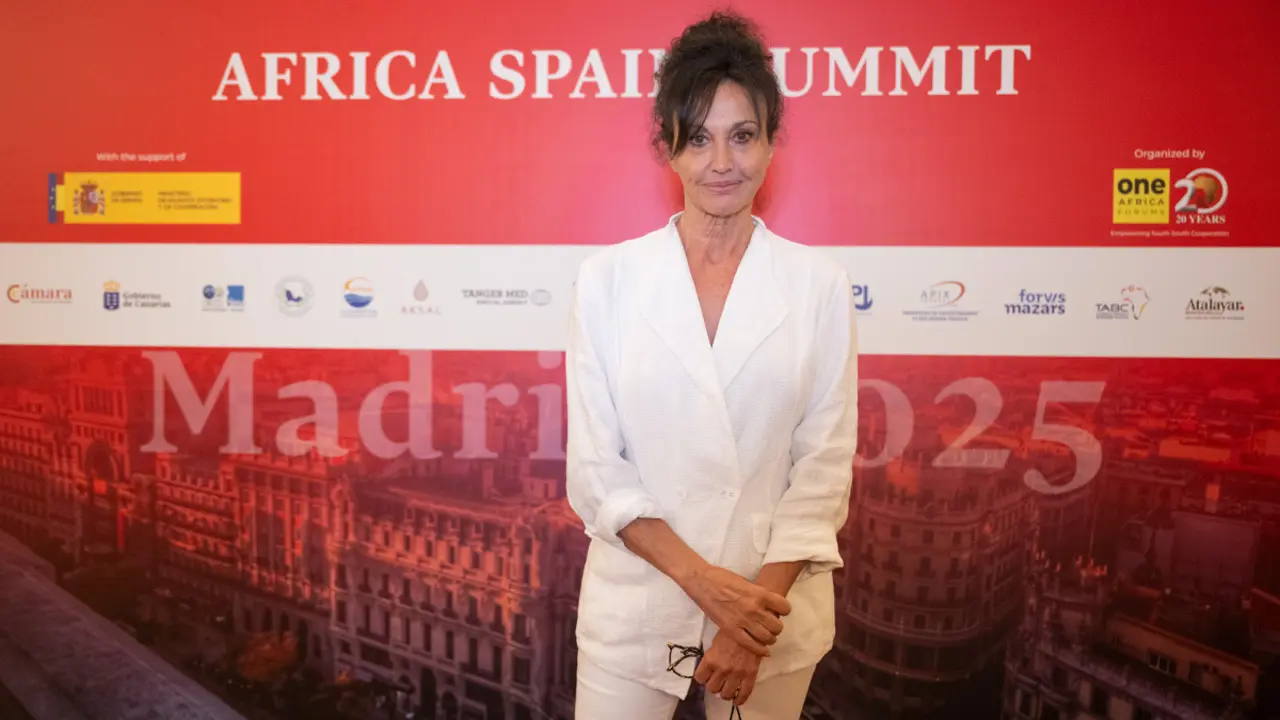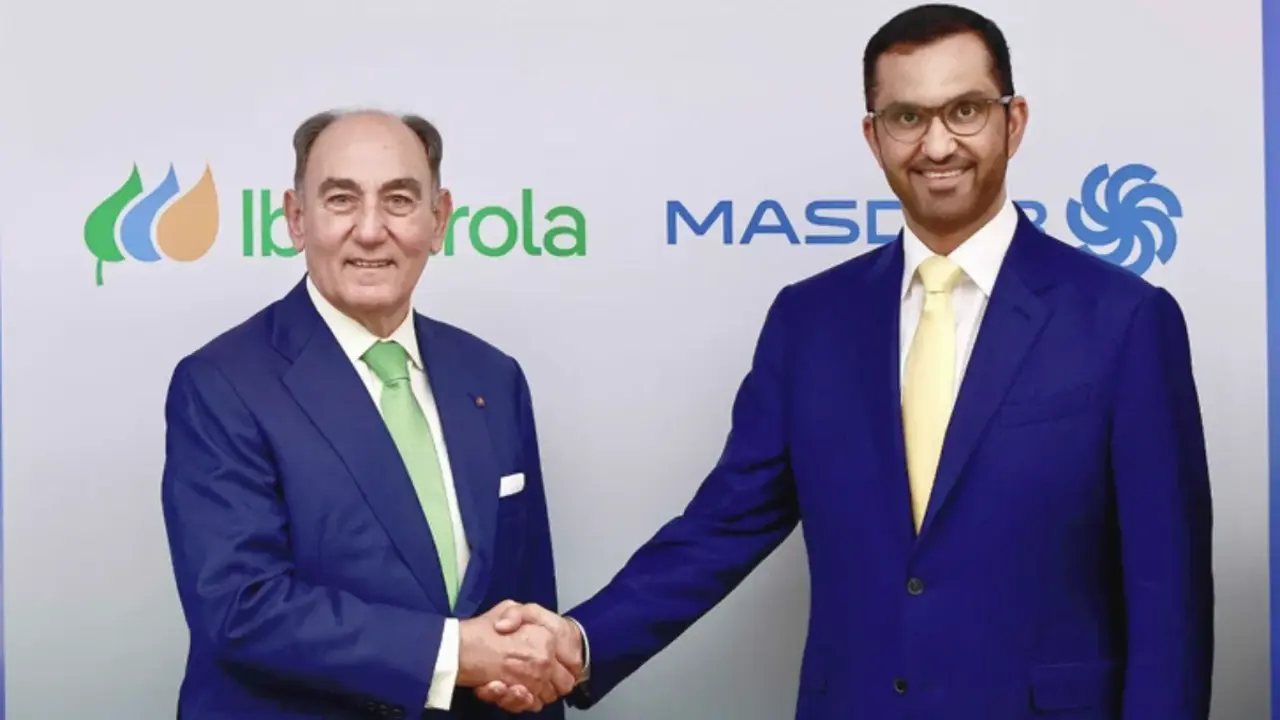Mediterranean tourism explores new frontiers at MediTour 2023 in Fez

The Fez-Meknes region is hosting this week the 10th edition of the Mediterranean Tourism Forum, MediTour 2023, organized by the Chamber of Commerce, Industry and Services (CCIS), in collaboration with the Association of Mediterranean Chambers of Commerce and Industry (ASCAME).
This essential event for Mediterranean tourism will take place in Fez from October 24 to 26. Among its main objectives are to promote investment in the sector, strengthen inter-regional cooperation and enhance the Mediterranean region's tourism assets. The current situation of war between Israel and Hamas hangs over the prospects of the entire tourism industry for the coming months with planning suffering every day the consequences of violence in this conflict.
Objectives and main themes
Reflecting the dynamic evolution of the tourism sector in the region, this year's event has ambitious objectives, albeit subject to the development of events and the reaction experienced in regional and international tourism.
Leaving aside the crisis, among the most anticipated options are the promotion of tourism investment projects, the reinforcement of cooperation between actors from the north and south of the Mediterranean, the enhancement of the region's tourism assets, the improvement of the quality of tourism experiences and support for businesses aligned with the Sustainable Development Goals (SDGs).

Special attention is given to strengthening cooperation in the field of tourism training. The 10th edition of MediTour is distinguished by the introduction of innovative topics such as the digitization of tourism and sustainable tourism where the practice of sports takes on a special prominence, following the decision of the European Union to ban microplastics and give a deadline of 8 years to change the toxic rubber infill of soccer fields with artificial turf for another that is environmentally friendly and sustainable.
The European Union has backed the LIFE T4C project, headed by the Spanish company Green World Compunding, whose plastic recycling factory, located in Alhama de Murcia, has obtained a product such as Ecolastane, which perfectly fulfills the functions of infill for the practice of soccer, without being toxic and sustainable. In addition, with Ecolastane it will be possible to lower the temperature of these playing fields. Playgrounds will also be able to benefit from Ecolastane in their conversion process imposed by the European Union.

Sustainable, healthy tourism and economic pillar
The digitalization of the sector has become an inescapable fact of modern life, transforming the way travelers plan their trips, book accommodation and discover new destinations. At the same time, sustainable tourism has become a key concern. It aims to minimize the environmental and socio-cultural impact of tourism, while maximizing economic benefits for local communities.
The forum highlights the importance of tourism to the Mediterranean economy. The sector accounts for around 11.3% of regional gross domestic product (GDP), 11.5% of employment, 11.5% of exports and 6.4% of investment. These economic results demonstrate its vital role in the sustainable development and prosperity of the region.
The Mediterranean, bordered by southern Europe, North Africa and West Asia, enjoys a strategic geographical position that attracts travelers from all over the world. Its varied landscapes and favorable climate make it an attractive destination for nature and sun lovers. In addition, the rich and diverse cultural heritage of the region, the cradle of numerous civilizations, contributes to its cultural appeal.
MediTour brings together a multitude of industry players: chambers of commerce, public and private institutions, international organizations, training centers and tourism professionals. These stakeholders meet every two years to exchange ideas, share best practices and discuss the main issues facing the sector.



